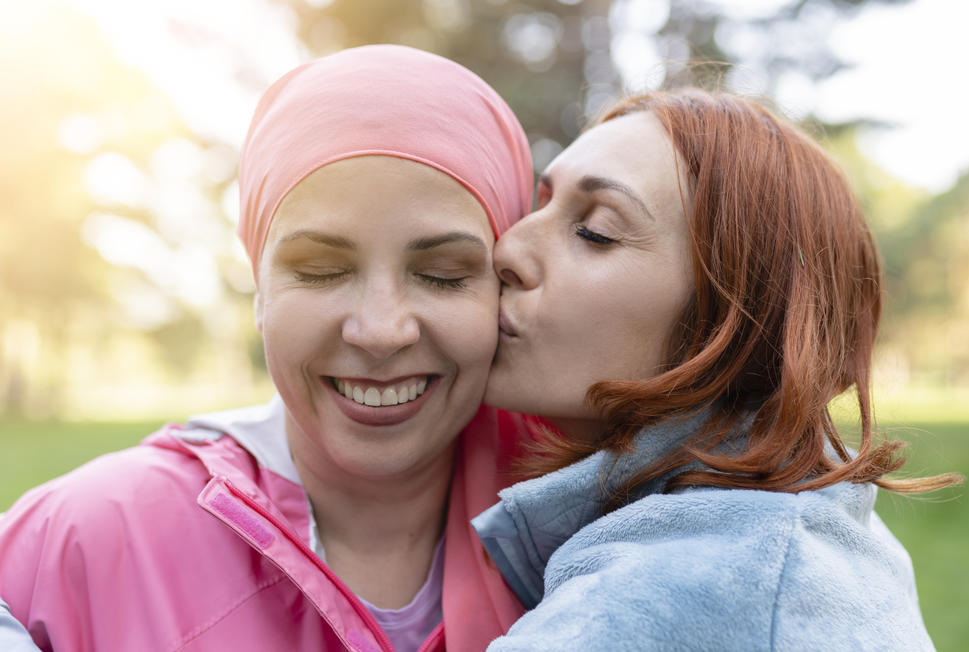LGBTQ+ Voices: Listening to Sexual and Gender Minority People Affected by Cancer
, by NCI Staff
Sarah Jackson, Ph.D., M.P.H., Earl Stadtman investigator in the Infections and Immunoepidemiology Branch, was featured in a Cancer Currents: An NCI Cancer Research blog post. She describes the importance of including sexual orientation and gender identity data in cancer research.
Read the full blog post on the Cancer Currents: An NCI Cancer Research blog.
